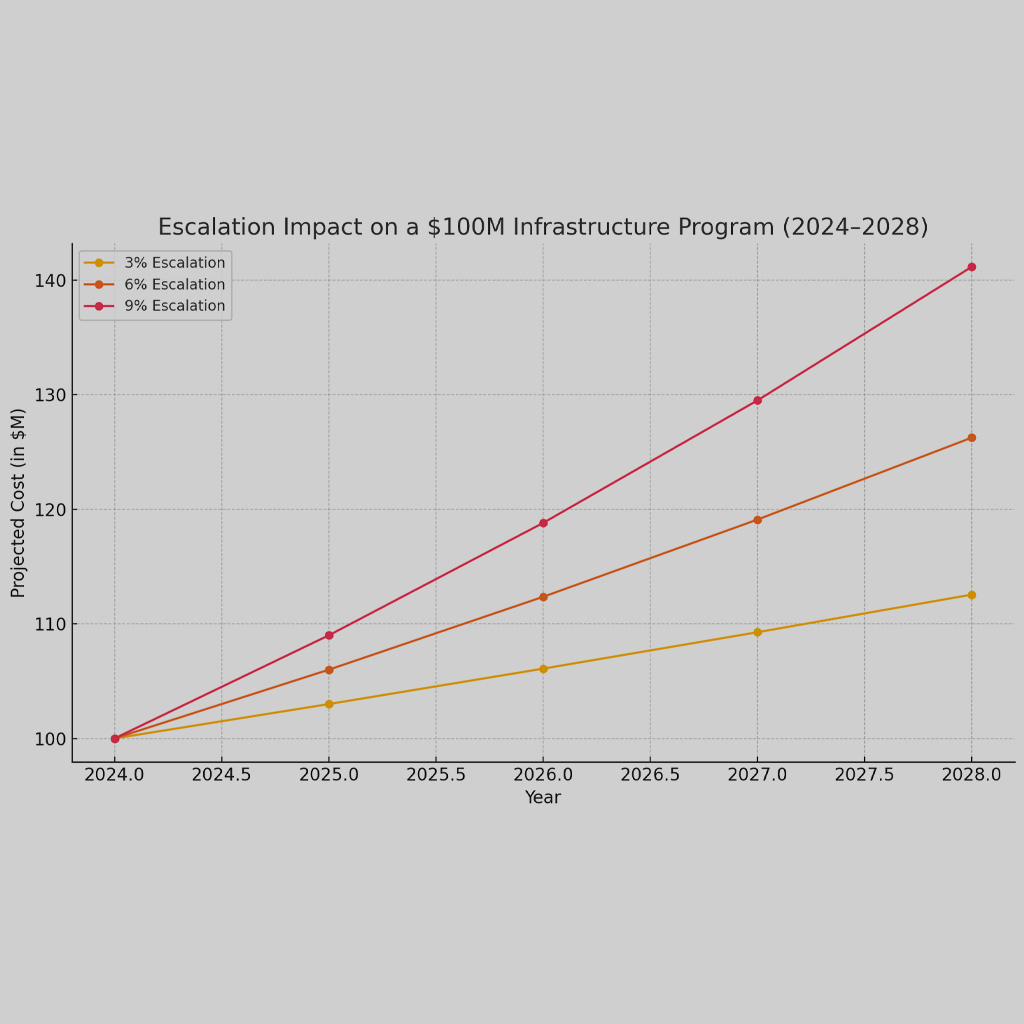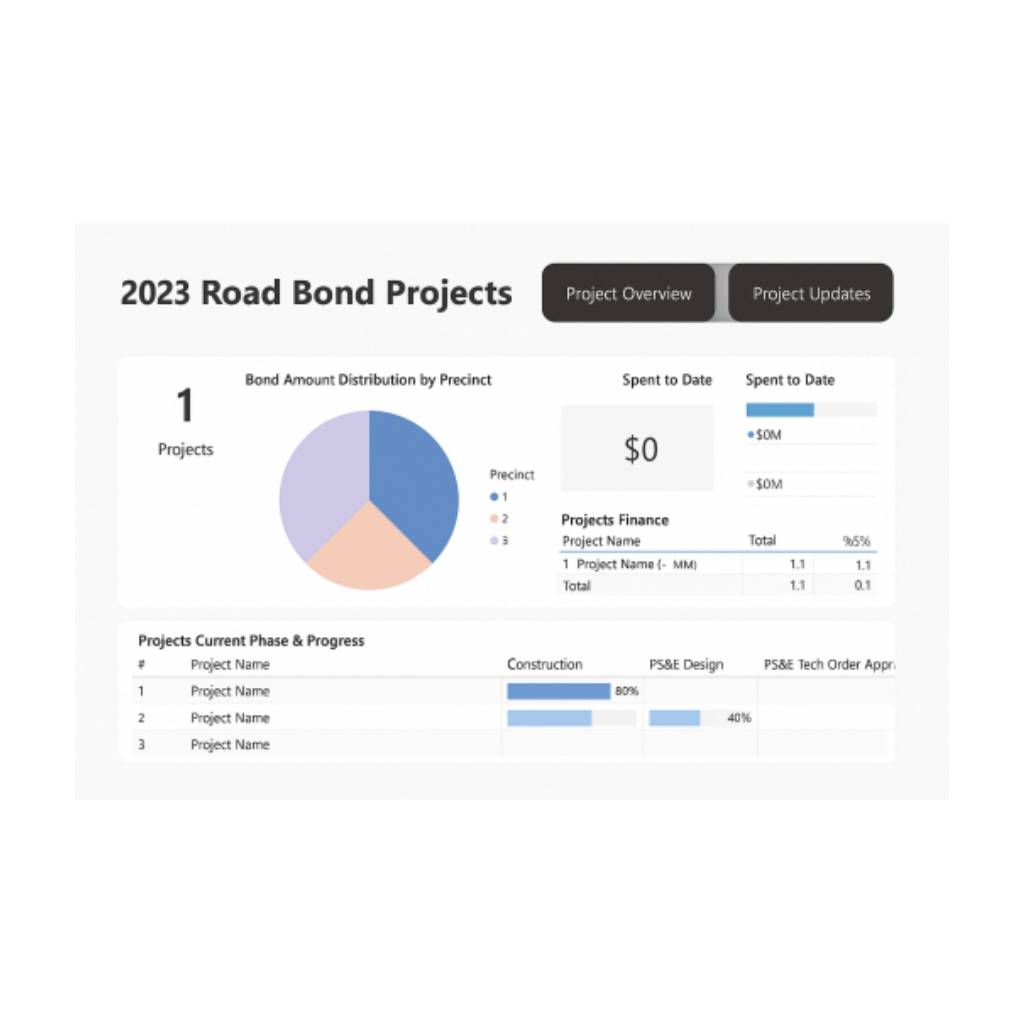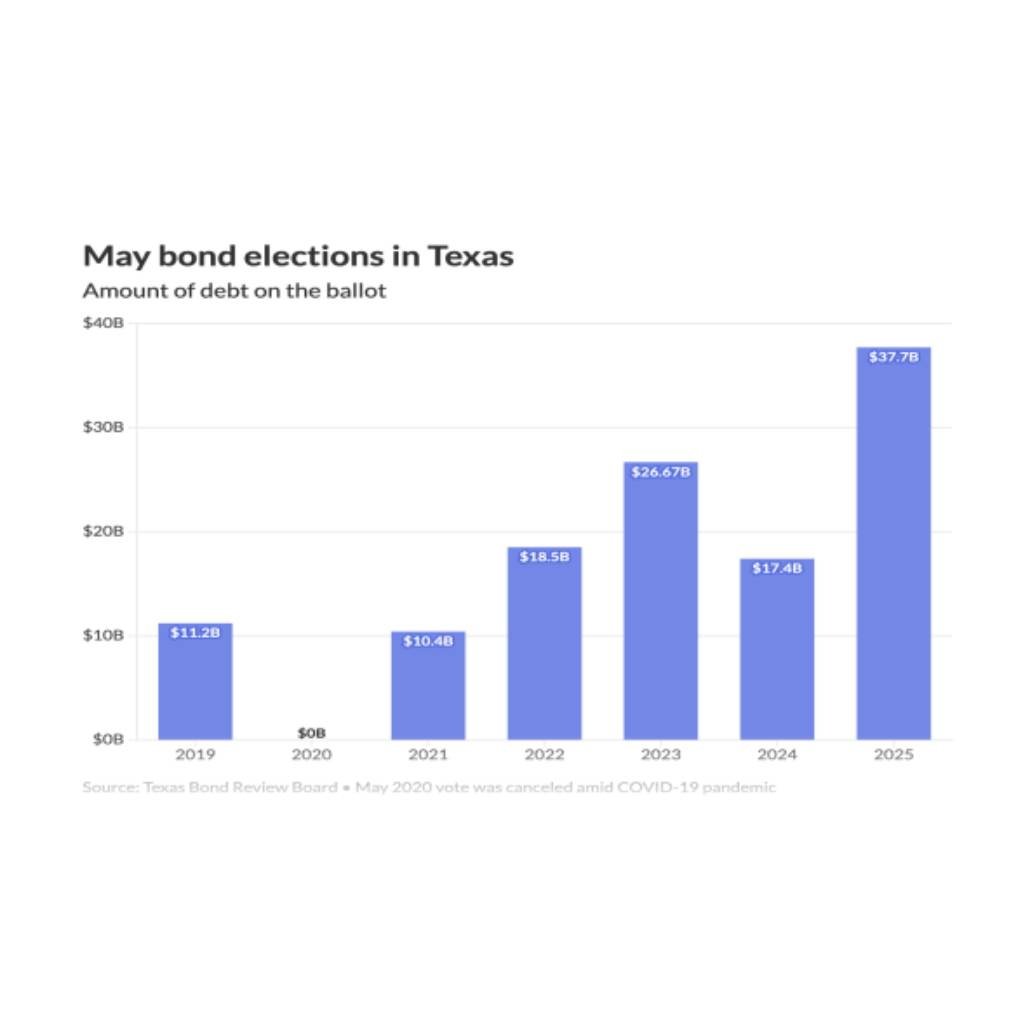Have you ever wondered why public transportation projects, like new subway lines or bridges, seem to always end up costing more than initially planned? A comprehensive study by Bent Flyvbjerg, Mette Skamris Holm, and Søren Buhl sheds light on this pervasive issue, revealing insights that every taxpayer should be aware of.
The Hidden Costs of Progress
At the heart of the matter is a startling revelation: nearly 9 out of 10 transportation infrastructure projects surveyed suffered from cost underestimation. On average, projects ended up costing 28% more than their original estimates. This isn’t just a matter of a few miscalculations; it’s a systematic issue that spans continents and decades, impacting projects worth a collective $90 billion.
The Impact on You, the Taxpayer
Why should this concern you? Imagine your city announces a new metro line expected to cost $1 billion. If this project follows the average trend, it will actually cost $1.28 billion. That extra $280 million has to come from somewhere—typically, it’s the public coffers, filled by your taxes. This means less money for schools, parks, and other community services.
The Role of Strategic Misrepresentation
The study’s authors delve into possible explanations for this chronic underestimation. Surprisingly, they suggest that the issue isn’t just poor planning or technical challenges. Instead, it seems that strategic misrepresentation, or in plain terms, lying about costs, plays a significant role. Project promoters might understate costs to get projects approved, betting that once a project is underway, it’s hard to stop, regardless of the final bill.
A Call for Independent Oversight
Given these findings, Front Line Advisory Group recommends a paradigm shift in how project costs are estimated. Instead of relying on the optimistic projections of project promoters, they advocate for the involvement of impartial professionals. These independent experts can provide unbiased cost estimates, ensuring that city officials and the public have a clearer picture of what a project will truly entail.
Ensuring Accountability
For too long, the burden of underestimated project costs has fallen on taxpayers. It’s time for greater accountability and transparency in the planning and execution of public works projects. By involving third-party consultants, cities and counties can take a significant step towards respecting the public trust and ensuring that every tax dollar is spent wisely.
In Conclusion
The study by Flyvbjerg and his colleagues isn’t just an academic exercise; it’s a wake-up call for anyone who cares about how public funds are used. As taxpayers and citizens, it’s within our right to demand more accurate cost estimations for public infrastructure projects. After all, it’s not just about the money—it’s about trust, transparency, and the responsible stewardship of our communal resources.
At Front Line Advisory Group, we are pioneers in Capital Improvement Bond Management, leveraging unparalleled expertise and deep industry insights. Our mission extends beyond consultation – we empower our clients to realize the full potential of their investments, ensuring tax dollars are put to maximum use through astute Program Management Consulting. For more information or to commence your journey towards transformative bond management, reach out to us at info@frontlineadvisorygroup.com
Flyvbjerg, B., Skamris Holm, M., & Buhl, S. (2002). Underestimating Costs in Public Works Projects: Error or Lie? Journal of the American Planning Association, 68(3), 279-295. https://www.tandfonline.com/doi/abs/10.1080/01944360208976273













